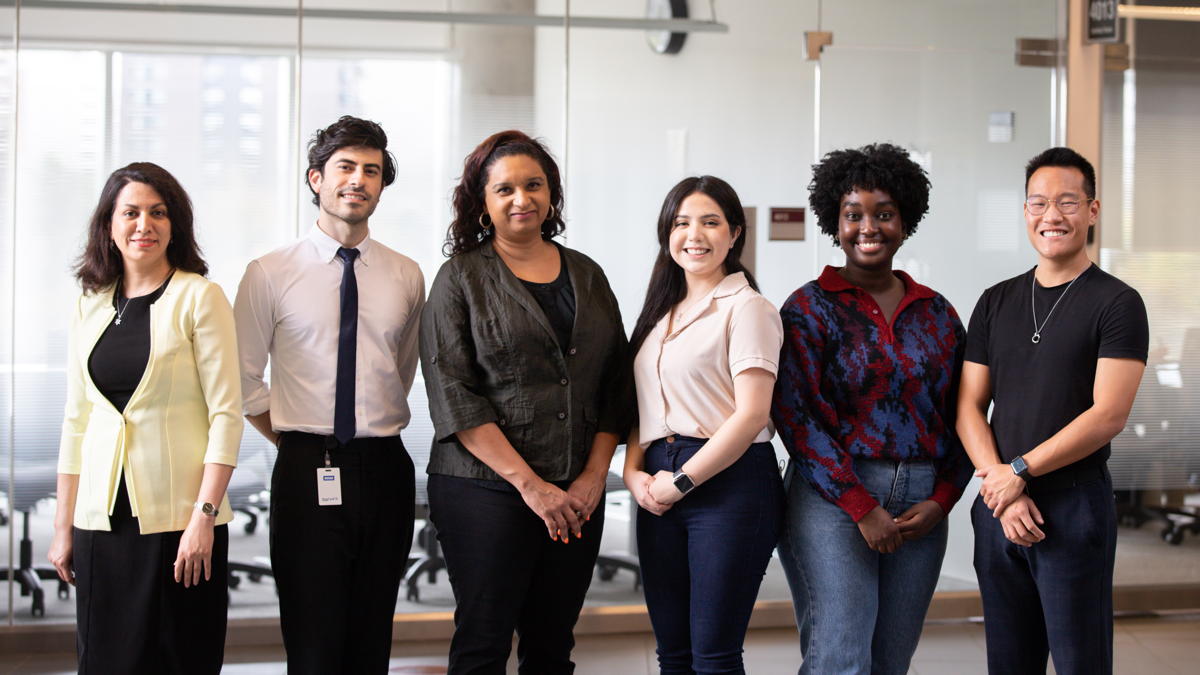Page Not Found
Bad URL
Page Not Found
Pardon Our Dust!
We have recently updated our site and some things have been rearranged. We are sorry you cannot locate the page that you were searching for. The page may have been moved or deleted.

Page Not Found
We have recently updated our site and some things have been rearranged. We are sorry you cannot locate the page that you were searching for. The page may have been moved or deleted.
